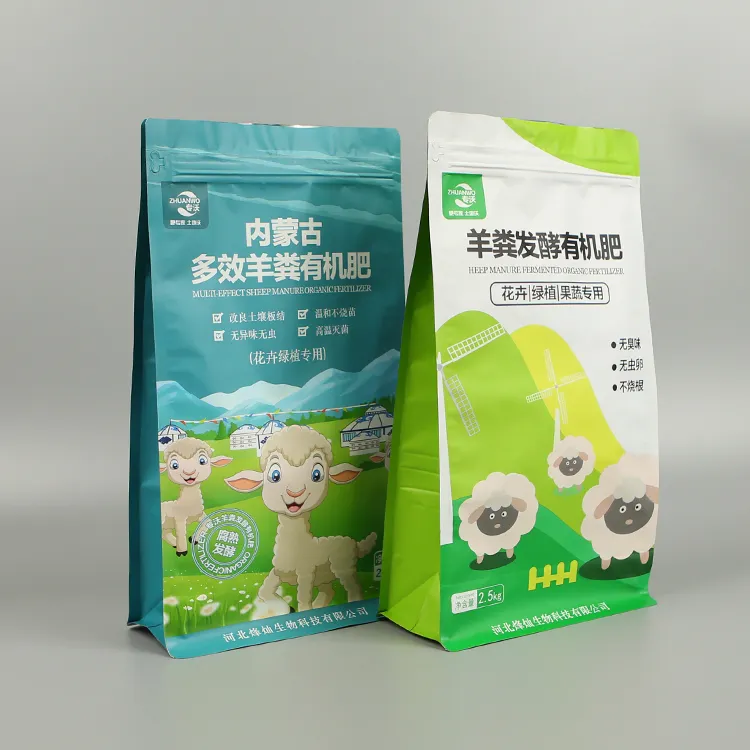The Significance of Automatic Band Sealers in Modern Packaging
In today's fast-paced manufacturing and packaging industries, the demand for efficiency, reliability, and safety has never been higher. Automatic band sealers have emerged as an essential tool in meeting these demands, providing companies with a streamlined solution for sealing various types of products. From food items to pharmaceuticals, automatic band sealers play a crucial role in maintaining product integrity and ensuring consumer safety.
Understanding Automatic Band Sealers
Automatic band sealers are automated machines designed to seal products using a band of heat, which creates a secure and airtight seal. These machines are versatile and can accommodate a wide range of packaging materials, including plastic, foil, and paper. They work by using heat and pressure to fuse the packaging material, creating a robust seal that helps protect the contents from contamination, moisture, and tampering.
The process typically involves a conveyor belt system where items are placed and moved through the sealer. As the items pass through the machine, they are subjected to heating elements that melt the packaging material at the seal line. This process is efficient, requiring minimal labor while significantly increasing production speeds compared to manual sealing methods.
Advantages of Automatic Band Sealers
The adoption of automatic band sealers offers numerous advantages across various sectors
1. Efficiency One of the most significant benefits of automatic band sealers is their ability to operate at high speeds. With automated systems, companies can seal hundreds or thousands of packages per hour, dramatically improving productivity and reducing lead times.
2. Consistency and Quality Automatic band sealers ensure a consistent seal every time, which is crucial for maintaining quality control in production. Unlike manual sealing, where human error can lead to weak seals, these machines provide uniform heat application and pressure, resulting in reliable sealing outcomes.
automatic band sealer
3. Cost-Effective Although the initial investment in an automatic band sealer may be higher than manual options, the long-term savings in labor costs and increased production capacity often justify the expense. Additionally, the reduction of product loss due to inadequate sealing contributes to overall cost savings.
4. Versatility Automatic band sealers can be used for a wide variety of products, from food packaging to medical supplies. This versatility makes them an invaluable asset in diverse industries, accommodating different sealing requirements, such as bag thickness and material types.
5. Enhanced Safety Proper sealing is critical to ensuring product safety, especially in food and pharmaceutical industries. Automatic band sealers provide a secure barrier that prevents contamination and extends product shelf life, protecting consumers and brands alike.
Challenges and Considerations
While automatic band sealers offer numerous benefits, companies must consider some challenges associated with their use. Maintenance is crucial to keep the machines running efficiently. Regular checks and servicing can prevent unexpected breakdowns that could disrupt the production line. Moreover, training staff to operate and troubleshoot these machines is essential to maximize their potential.
Additionally, companies should carefully assess their specific packaging needs and choose the right sealer model that fits their production volume and product types. Not all sealers are created equal; therefore, understanding the technical specifications and capabilities of different machines is vital in making an informed decision.
Conclusion
In conclusion, automatic band sealers are an vital component in modern packaging processes, offering businesses increased efficiency, consistency, and safety. As industries continue to evolve and consumer demands grow, the role of these machines will only become more significant. The integration of automatic band sealers in production lines represents a step toward a more automated, reliable, and cost-effective future in packaging. By investing in these systems, companies can enhance their operational capabilities, maintain product integrity, and ultimately better serve their customers in an increasingly competitive market.